Thousands of Gaza cancer patients face deadly treatment delays
More than 10,000 cancer patients in Gaza do not have access to life-saving treatments following the forced shutdown of the only cancer hospital amid the Israeli war, according to health authorities.
Cancer patients are enduring “unbearable” and “inhumane” conditions in the besieged territory, Palestinian news agency WAFA quoted local health officials as saying on Tuesday.
The report added that patients do not have access to specialized cancer treatment medications.
“After the Turkish-Palestinian Friendship Hospital for Cancer was forced to go out of service, 10,000 cancer patients are facing compelling and inhumane circumstances,” Dr. Subhi Skaik, director of the cancer hospital, said in a statement on Monday.
Gaza’s healthcare system has suffered a complete breakdown as a result of the extensive bombardment carried out by Israeli forces after it unleashed a war on Gaza on October 7.
According to WAFA, the third and final floor of the Palestinian-Turkish Friendship Hospital was targeted by Israeli airstrikes on October 30, causing significant damage and rendering the hospital out of service.
Two days later, Palestinian health authorities said the hospital was closed as it ran out of fuel amid the Israeli regime’s crippling blockade of the territory.
Financed by the Turkish government, the hospital stands as one of the largest medical facilities in Palestine. Covering an area of 34,800 square meters and spanning three floors, the hospital had 180 beds.
The absence of this crucial medical facility exacerbates the already challenging situation for cancer patients in the besieged enclave.
WHO chief Tedros Adhanom Ghebreyesus, in a post on social media, said strikes on the Turkish-Palestinian Friendship Hospital in Gaza were “terribly concerning.”
“Cancer patients are already fragile, and it’s imperative to do everything possible to ensure they’re receiving the care they need, it’s truly a matter of life or death,” he wrote.
Israel’s siege on Gaza has led to a severe shortage of food, water, as well as electricity and fuel.
The acute fuel shortage has made the provision of adequate healthcare services extremely challenging as vital equipment at hospitals cannot operate, putting those in intensive care units at extreme risk.
More than 22,000 people, most of them children and women, have been killed in Gaza since the onset of the Israeli military campaign following an operation by Gaza’s resistance movements.
D-8’s role in Iran’s economy after Cairo summit
China slams US as ‘war-addicted’ threat to global security
China ‘firmly opposes’ US military aid to Taiwan
VIDEO | Press TV's News Headlines
President Yoon Suk Yeol to be removed from office
At least 19 Gazans killed by Israeli airstrikes since dawn: Medics
Leader: Iran neither has nor needs proxy forces
US fighter aircraft shot down ‘in friendly fire’ amid aggression on Yemen


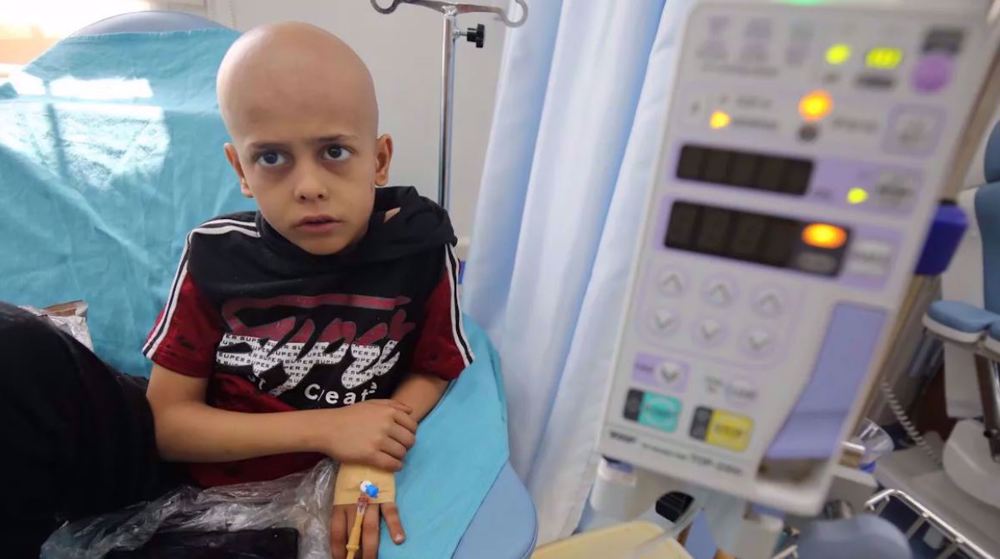
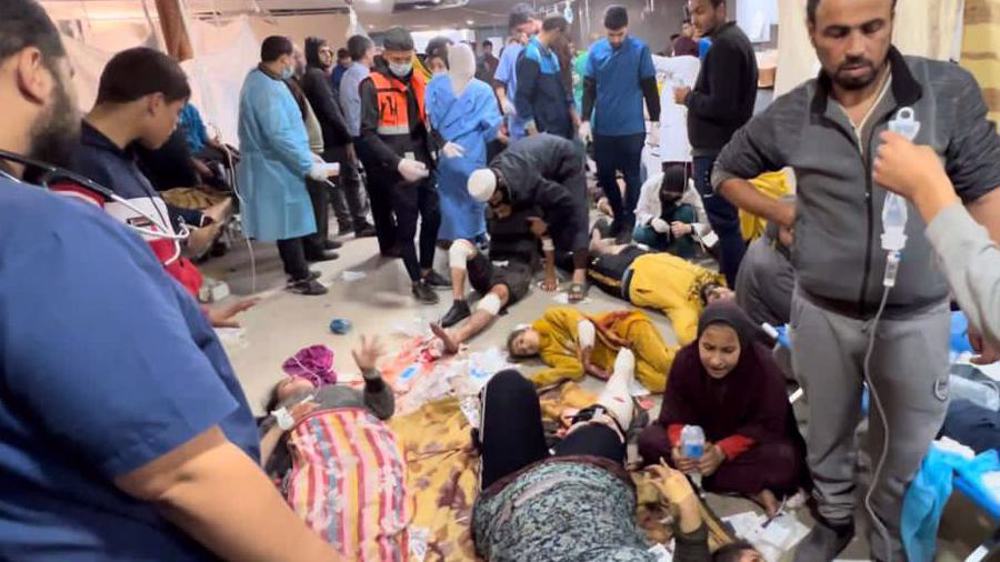
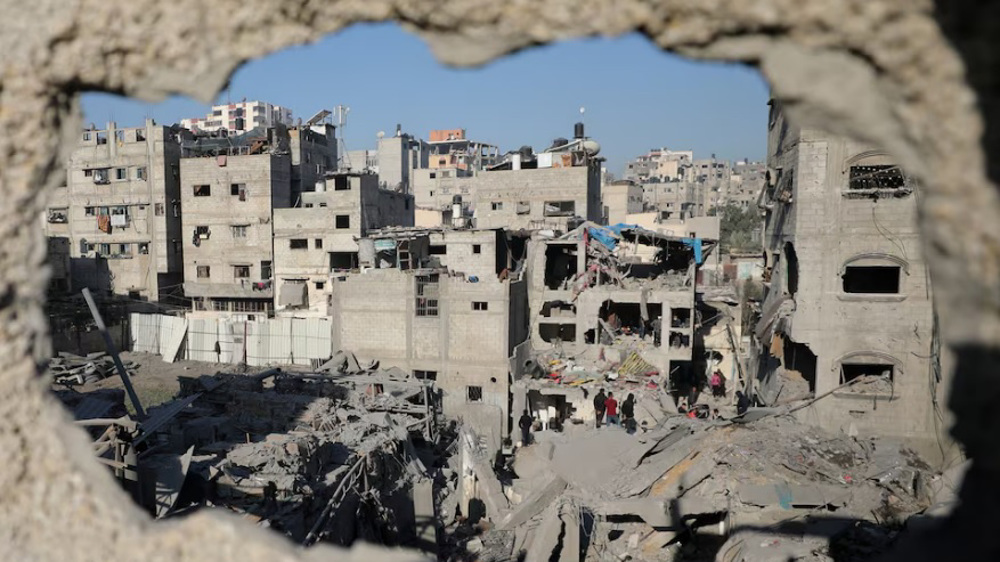
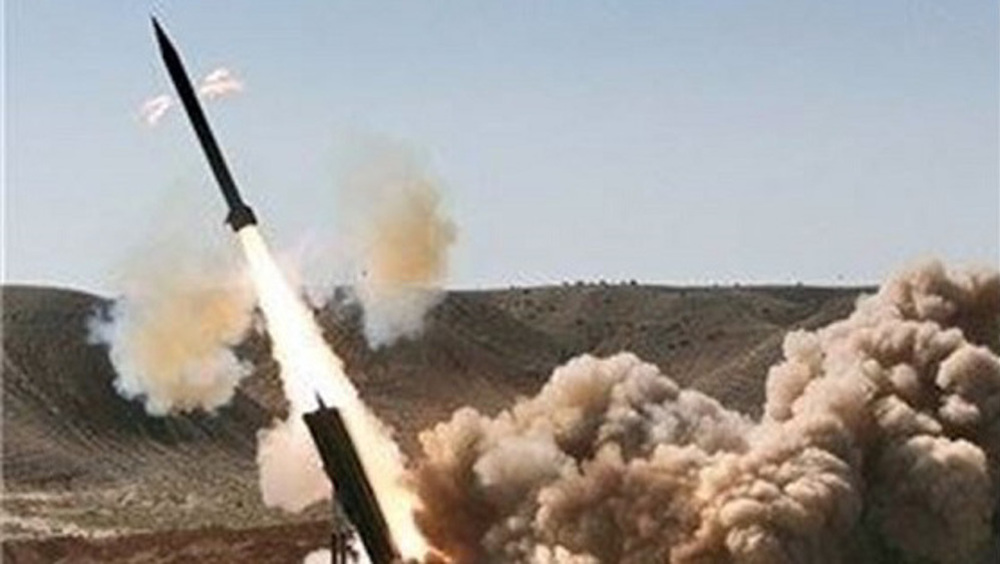
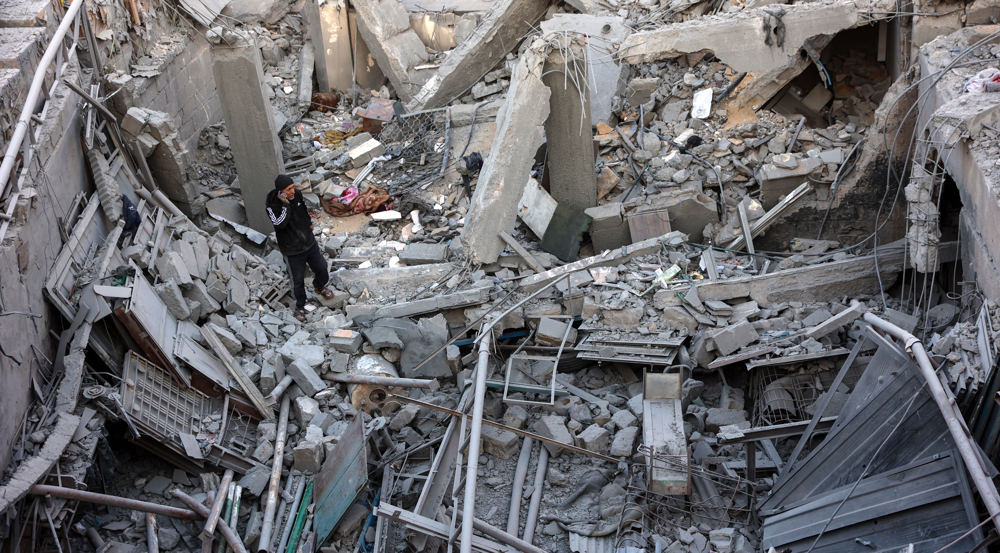



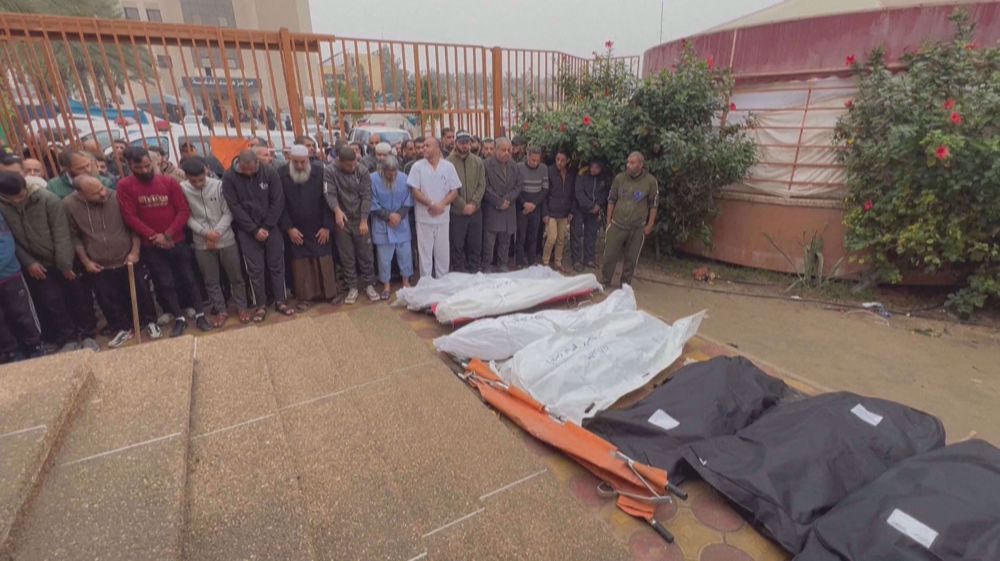
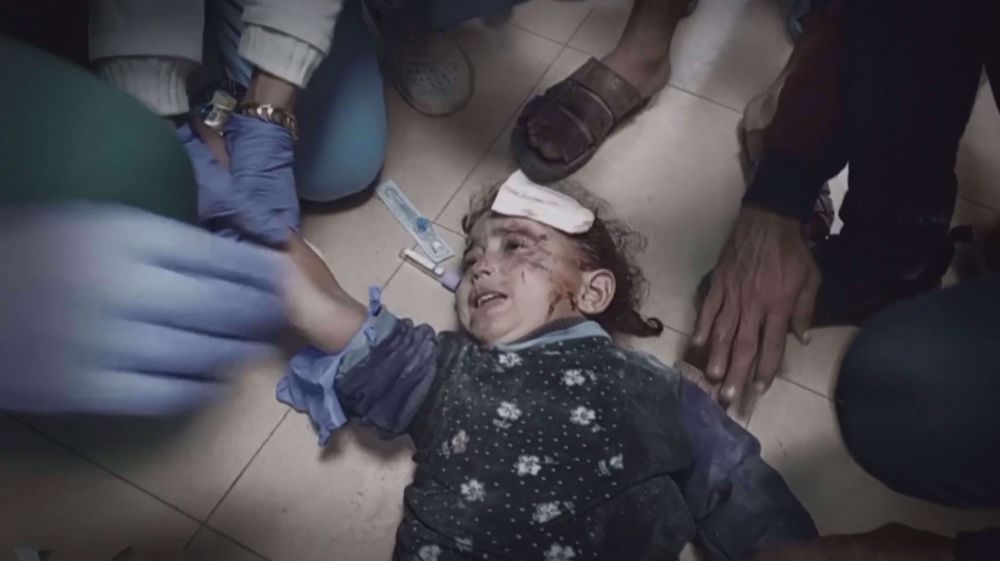
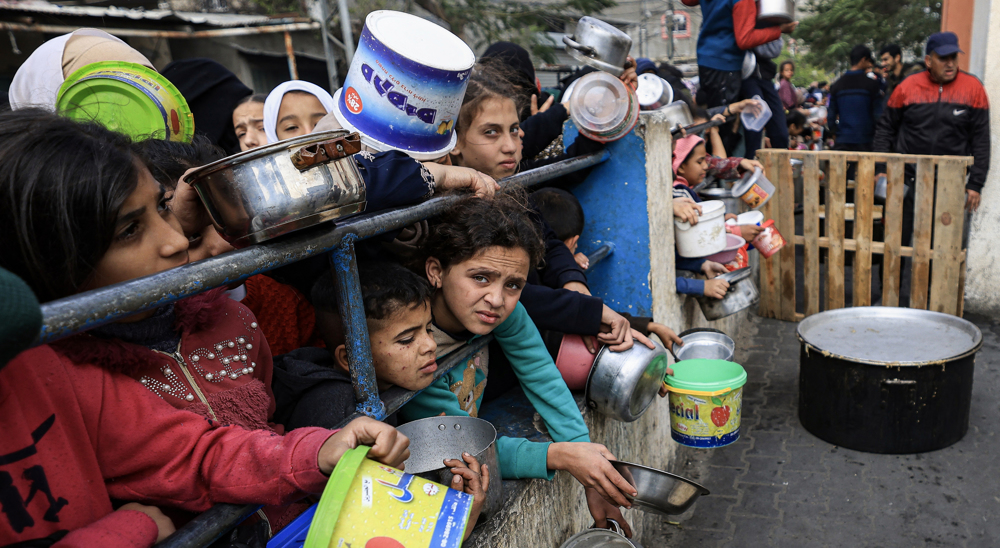
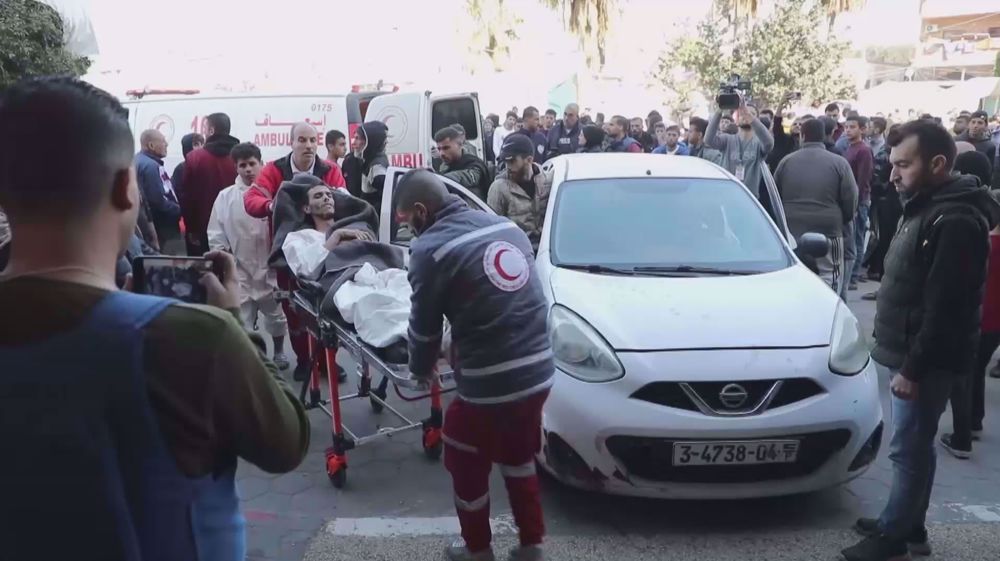

 This makes it easy to access the Press TV website
This makes it easy to access the Press TV website